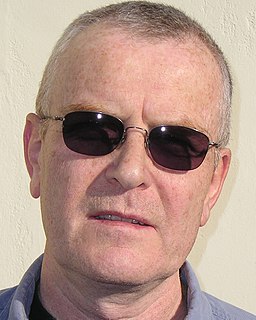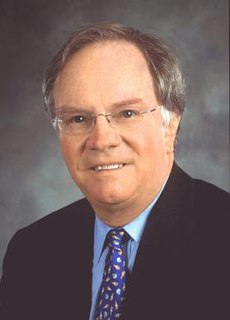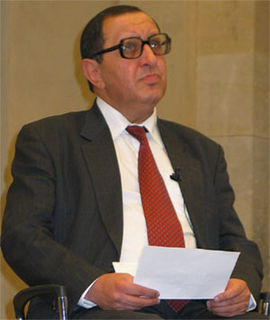A Quote by Thomas Friedman
I don't think a monarchy led by 75- and 80-year-old men [Saudi Arabia] in today's modern world is really sustainable.
Related Quotes
My family moved to Saudi Arabia from Glasgow when I was 15. Being a 15-year-old girl anywhere is difficult - all those hormones and everything - but being a 15-year-old girl in Saudi Arabia... it was like someone had turned the light off in my head. I could not get a grasp on why women were treated like this.
If you ask a Saudi Imam why women in Saudi Arabia can't drive, he'll say, 'Because Islam demands it.' But that's absurd, because - first of all - Islam demands no such thing; and secondly, the only country in the world in which women can't drive is Saudi Arabia. The inability to understand the difference between a cultural practice and religious belief is shocking among self-described intellectuals.
I had never experienced anything like the response I got from people for Pirates of the Caribbean, where you meet a 75-year-old woman who had seen Pirates and somehow related to the character, and then five minutes later you meet a six-year-old who says, 'Oh, you're Captain Jack!' What a rush. What a gift. That was the challenge with Wonka, too--to be, in a sense, like Bugs Bunny. I find it magical that a three-year-old can be mesmerized by Bugs, but so can a 40-year-old or an 80-year-old. It's a great challenge to see if you can appeal to that huge an age range.
Saudi Arabian oil production is at or very near its peak sustainable volume (if it did not, in fact peak almost 25 years ago), and is likely to go into decline in the very foreseeable future. There is only a small probability that Saudi Arabia will ever deliver the quantities of petroleum that are assigned to it in all the major forecasts of world oil production and consumption.
































